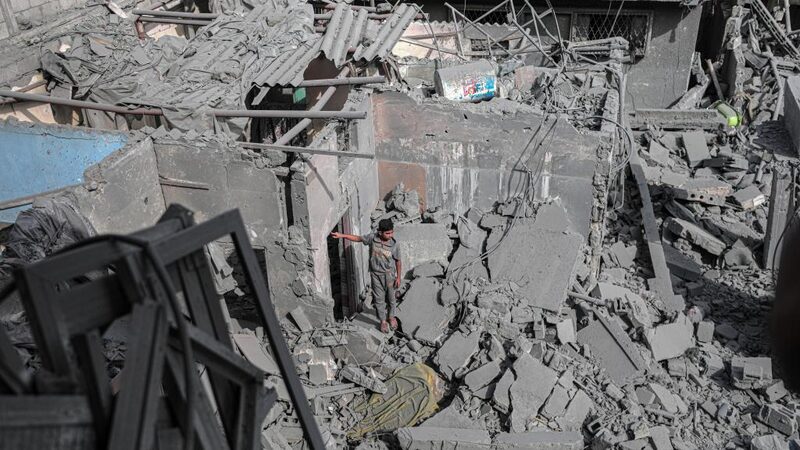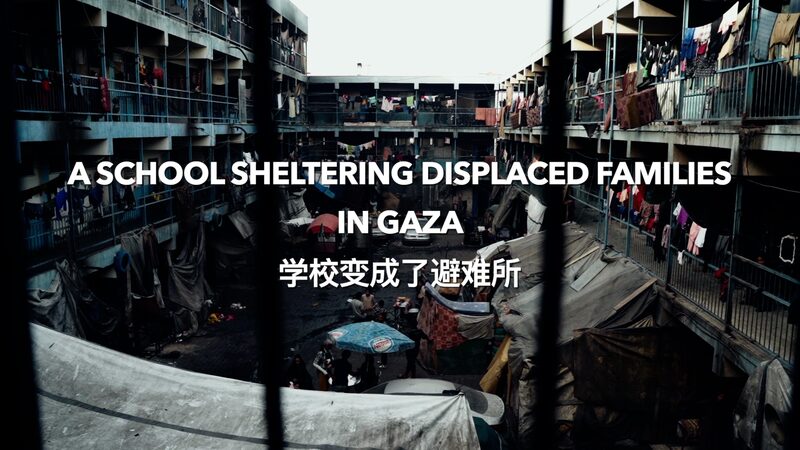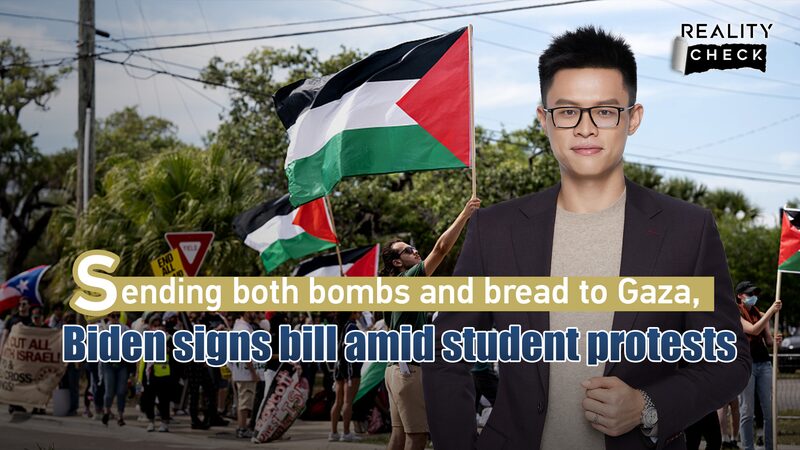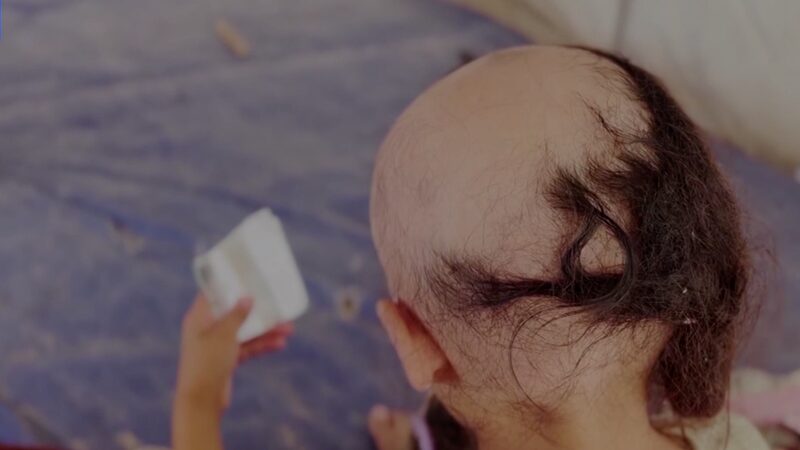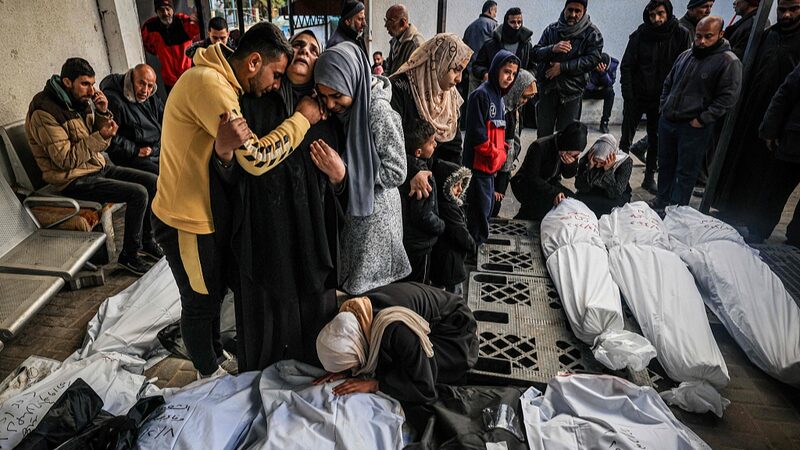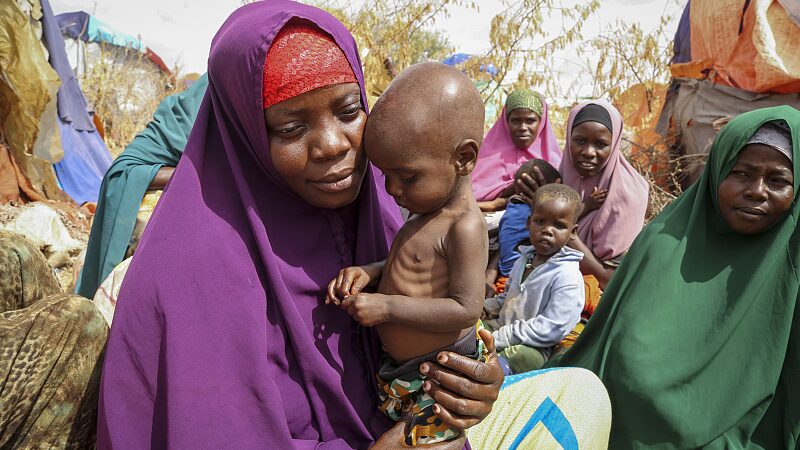As World Children’s Day approaches (November 20), the laughter of playgrounds feels overshadowed by the echoes of explosions in Gaza, Ukraine, and other conflict zones. Behind the headlines of geopolitical battles lies a silent crisis: generations of children bearing invisible psychological wounds that could last a lifetime. 💥😢
When Home Becomes a Warzone
Imagine waking up to the sound of bombs instead of school bells. For nearly 36.5 million children displaced globally (per UNICEF), this is reality. From Afghanistan to Yemen, 1 in 6 children worldwide now grow up near conflict zones – facing hunger, loss, and the trauma of seeing homes and schools destroyed.
Toxic Stress: The Invisible Enemy
Constant exposure to violence creates what experts call toxic stress – a state of heightened fear that rewires developing brains. 💔 Studies show kids in war zones often struggle with anxiety, depression, and trust issues long after conflicts end. 'They’re robbed of childhood, forced into adult nightmares,' says conflict researcher Mariam Shah.
Beyond the Battlefield
While ceasefires might stop bullets, the mental health crisis lingers. Hospitals lie in ruins, and PTSD treatments are rare luxuries. 🔍 Did you know? Over 500 million children have lived in conflict areas since 2017 – equivalent to the entire population of Europe.
As global tensions rise, this isn’t just a 'war story.' It’s a wake-up call for mental health support, education access, and protecting childhood itself. After all, today’s traumatized kids are tomorrow’s doctors, teachers, and leaders. 🌱✨
Reference(s):
Psychological wounds: The lasting trauma of conflict in children
cgtn.com
